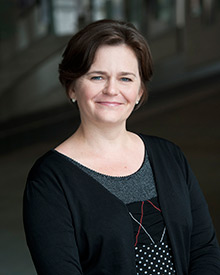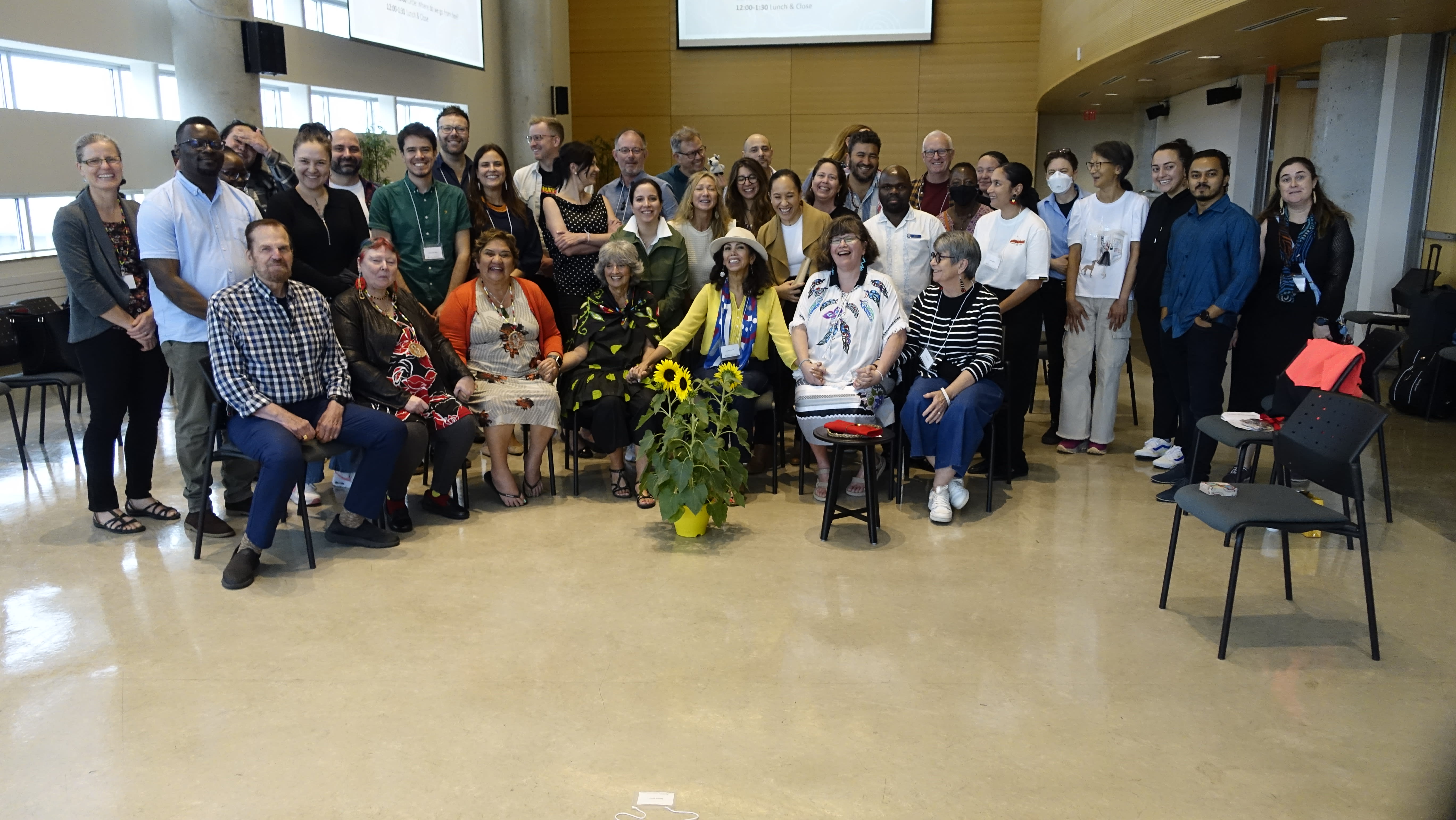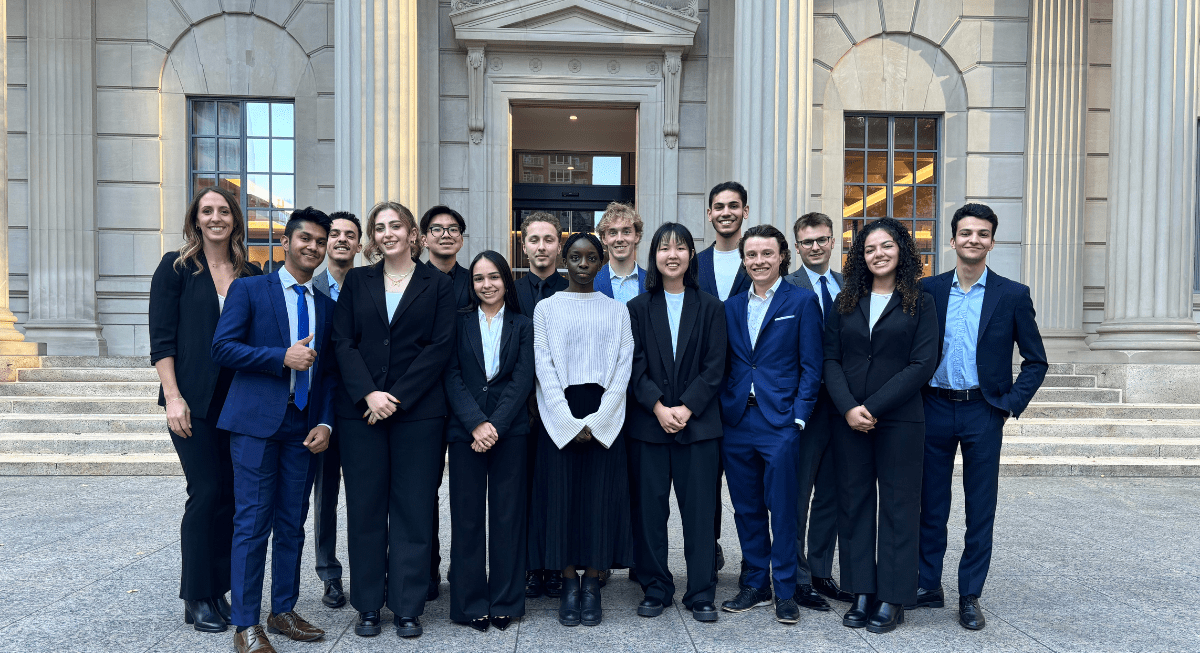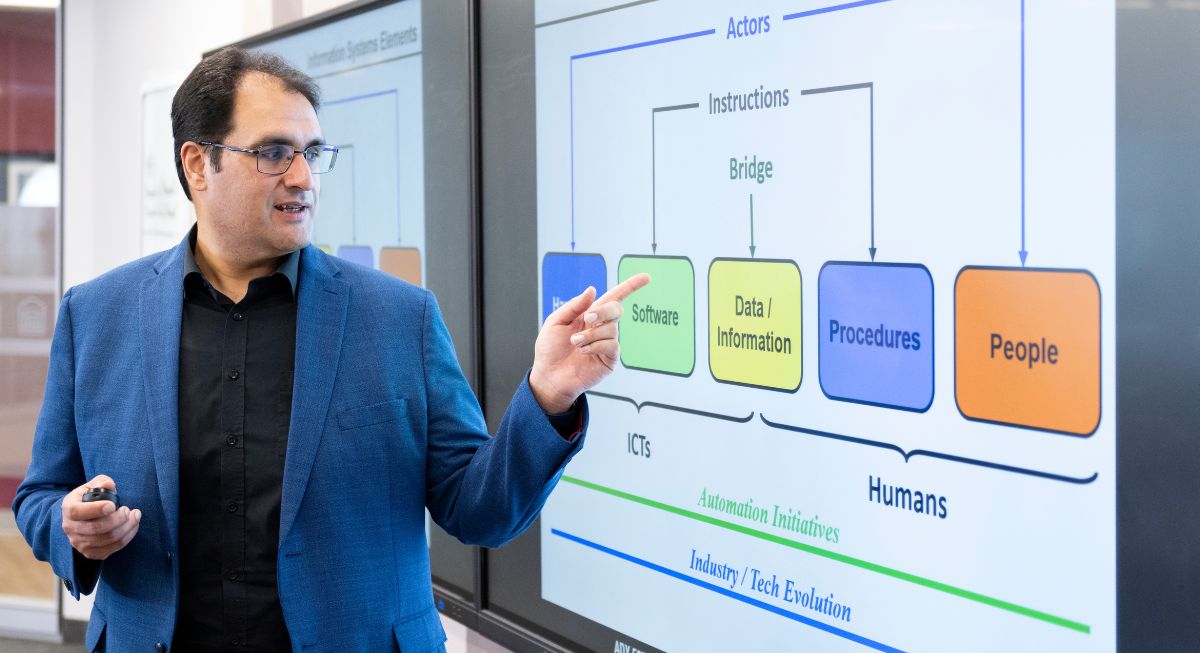How can information technologies be used to increase inclusion of staff members with attention deficit disorder (with or without hyperactivity) in the workplace? This is the question that Professor Muriel Mignerat and her colleagues will try to answer thanks to a SSHRC Insight Development Grant they’ve recently received.
When we asked Mignerat why this project was important, she said, “Between 25% (University of Ottawa) and 55% (Université de Sherbrooke) of students living with a disability registered with their respective support centres have an ADHD diagnosis and have therefore received accommodations during their studies. There are more and more of these young professionals in the workforce (the annual increase in graduates with ADHD entering the workforce is around 10%!), and the numbers are probably underestimated, given the stigmatization, prejudices and stereotypes associated with the diagnoses. Non-neurotypical people are often seen initially as employees who’ll work better alone, in lower-level or highly technical or specialized jobs. However, accommodations (processes, technologies) to help break the vicious circle of exclusion and prejudice are worthy of consideration in a situation of full employment where it’s in every employer’s interest to keep their talent.”
A collaboration with uOttawa’s CO-OP programs and the Student Academic Success Service (SASS)
Mignerat will start her study by conducting a series of interviews with students in CO-OP placements, who normally enjoy SASS support during their time at the University. This qualitative study, carried out with the help of the CO-OP office and SASS, will enable greater understanding of how IT, taking into account different work settings (in person or from home), can help or hinder performance of staff with ADHD.
From a management point of view, the results of this research will allow for a better understanding of how organizations can act so that IT plays a positive role for staff with ADHD, furthering their inclusion in organizations and in society. Mignerat says, “When I suggested that they take part in this study, the CO-OP service and SASS immediately accepted, with an enthusiasm I didn’t expect. The employees I met to prepare the project would tell me that they are often contacted by our young alumni’s employers, who want to know how to better equip them, what technologies to use and how ... And at this point, University employees don’t know what to answer.”

Dr. Muriel Mignerat is a professor of management at the Telfer School of Management. She specializes in information technologies, particularly IT project management practices. Recently, she has been interested in the use of IT by people with special needs or living with a cognitive disability. She helped found Open, a social enterprise, where she is an administrator.











